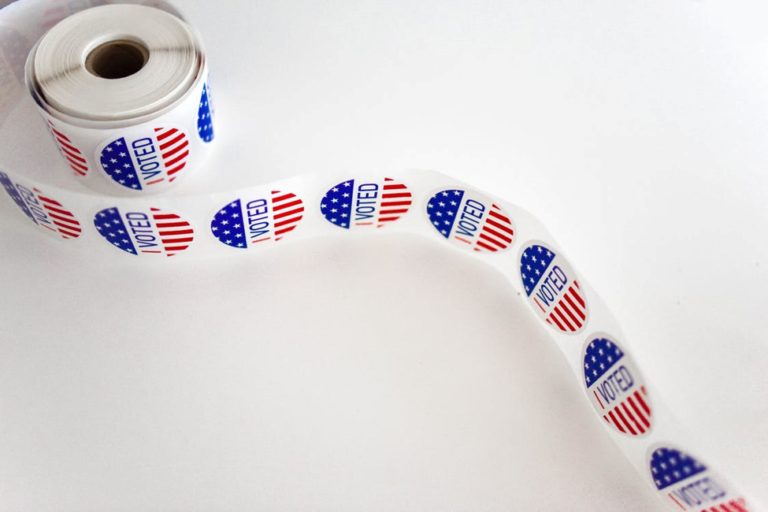Campaign advertising is critical to gaining name recognition and support, and when done right, can…
Diverse Campaign Teams Matter, Especially for Women Candidates

There are elections every year, but with it being 2024, it will demand more money, media, and staffing support because it is a Presidential election year. Whether it’s the federal, state, or local level, one thing I’ve learned in politics is how important it is to hire a diverse team of staff and consultants especially for women candidates.
In a democracy, we stand to make better policy when it is informed by the diversity of our nation whether that is socioeconomic, race, gender, sexual orientation or ability as opposed to a select few. And that starts with electing more women candidates, but shouldn’t end there. We should also have the diversity of our nation reflected in campaign staff, consultants, and advisers. That often doesn’t happen even in 2023 where you still find most teams on either side of the aisle white male led. Some would ask well what are the benefits of this diversity?
There are multiple from a strategic, organizing, media, and policy perspective. Who better recognizes double standard treatment (and how to deal with it) for woman candidates than other women campaign team members? Who can offer real life anecdotes to inform your platform on what it’s like to navigate the US healthcare system but a disabled person who has had to do that all their life? Who can provide nuance to how crushing student loan debt has become then a staffer who comes from a working-class family? These are lived experiences that we should not just depend on in a candidate’s experience but that a campaign staffer can bring to a team in additional to their political expertise.
Campaign staff and consultants can also shed new perspectives on the importance of outreach to specific communities often not prioritized in a candidate’s winning voter coalition as was famously the case with GA Candidate for Governor Stacey Abrams. In the 2020 Democratic Primary for President, when most of the candidates focused on winning the first two states in the nominating contest, Iowa and New Hampshire (also predominantly white), Presidential candidate Secretary Julián Castro’s team, used what they called the “Southwest Strategy” which targeted the later states (South Carolina, Nevada, Texas). These states had more Black and brown voters where candidates like Castro could resonate more. This strategy, spearheaded by his Black woman campaign manager, Maya Rupert and a mixed leadership team of women and people of color was partly credited with keeping his campaign alive and raising his profile in a very competitive multi way open primary. I too have personally worked with candidates who because of the diversity and experience of their team, we were able to effectively message or organize on critical issues that resonated with voters such as criminal justice reform and abortion.
While diverse staff is important for any candidate, it is particularly helpful for women candidates who often have to deal with more systemic biases that affect their campaigns when they run. They still don’t always raise as much money as their male counterparts, and amongst women candidates that fundraising gap is still wide between white vs. women of color candidates. They still have to overcome the “imagination barrier” that voters have when it comes to picturing women in office, particularly if they are elected offices held historically by white men. They often must deal with double standards in media coverage. And these experiences are complicated further if these women candidates are of color, LGBTQ+, immigrant/first, or disabled. Also having diverse team does yield better results, the Barbara Lee Foundation noted in 2018 races they studied the most effective, disciplined, victorious campaigns had diverse teams. And the candidates and staff noted it too!
In short, it’s not just important to encourage and support more women candidates in running for public office for democracy, we also need that increased diversity in our campaign teams that surround them. They can make all the difference.






